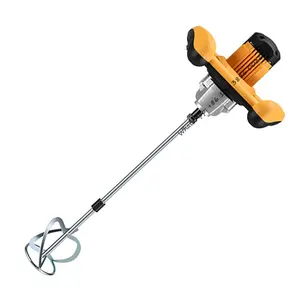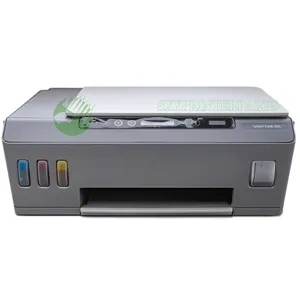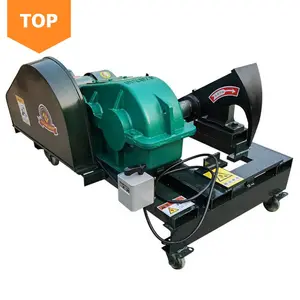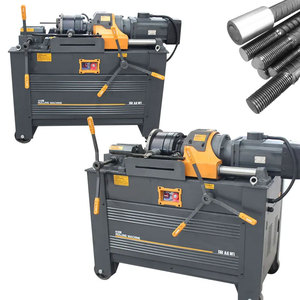Popular in your industry
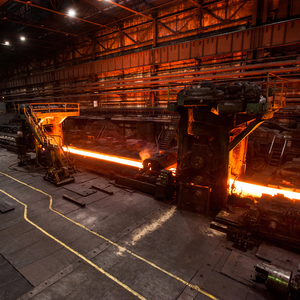
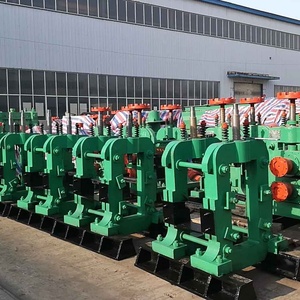
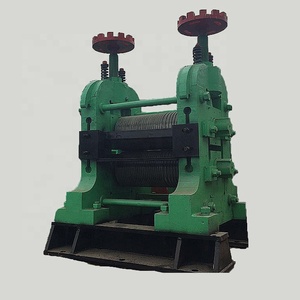

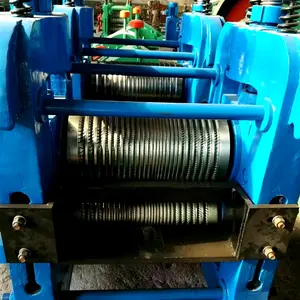






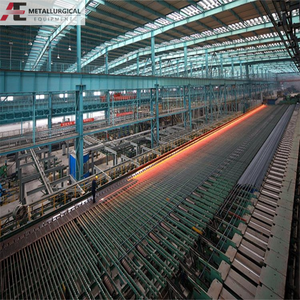
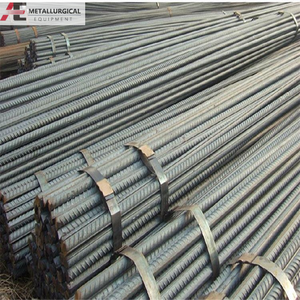



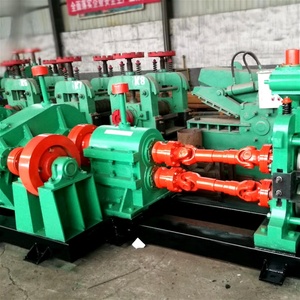

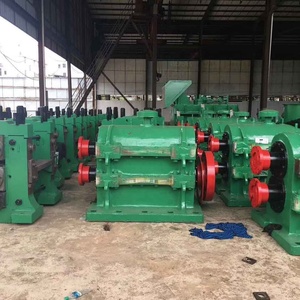











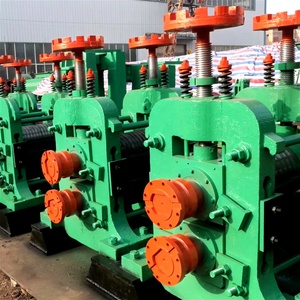


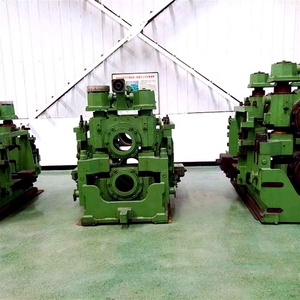















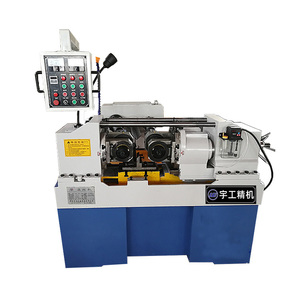
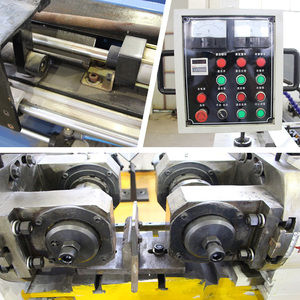


Related Searches:







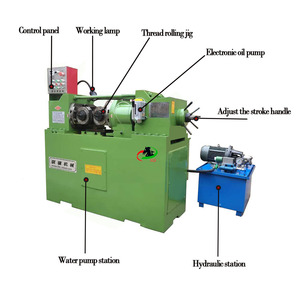

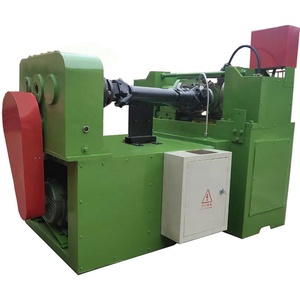


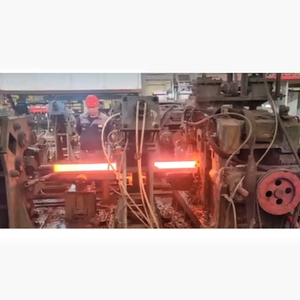






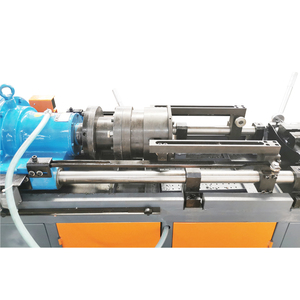
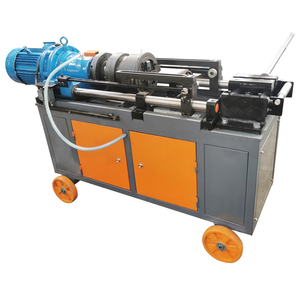
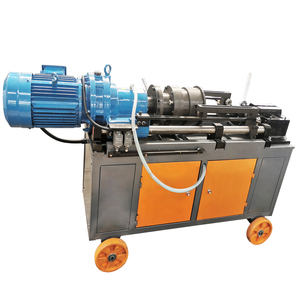


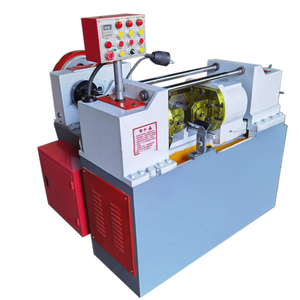
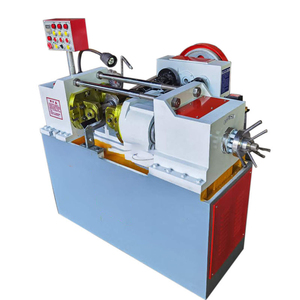


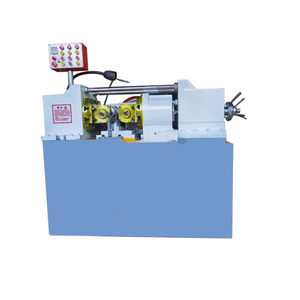




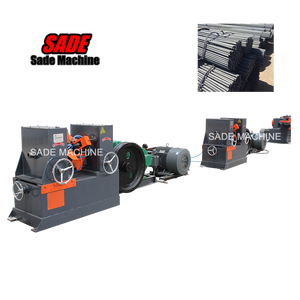
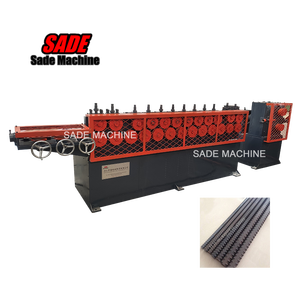
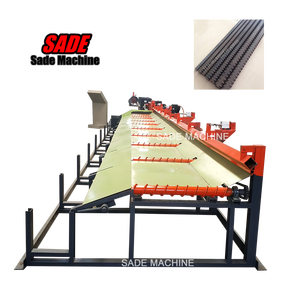



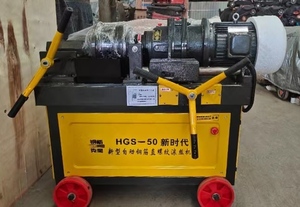

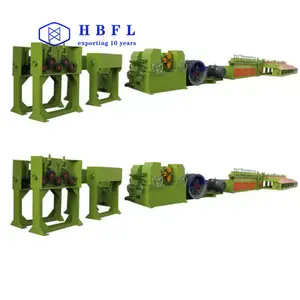













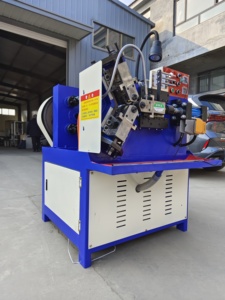



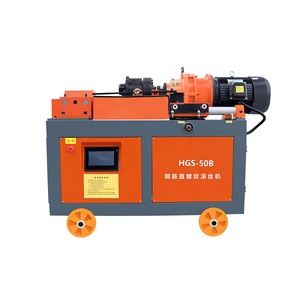

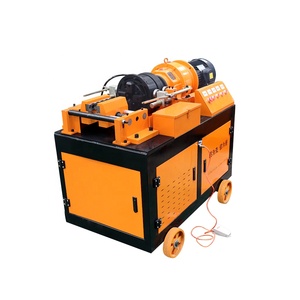








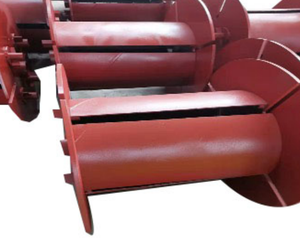




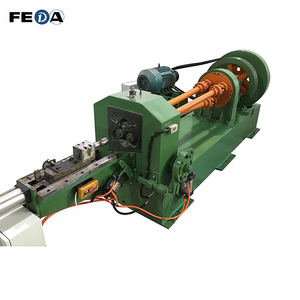


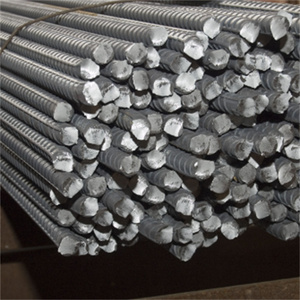
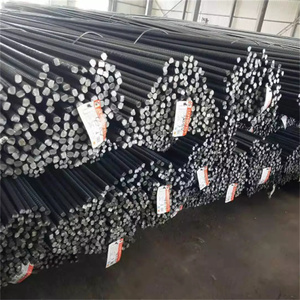


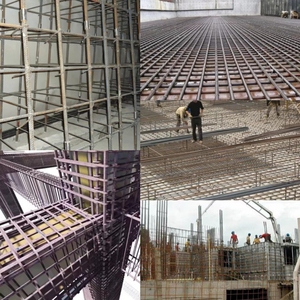













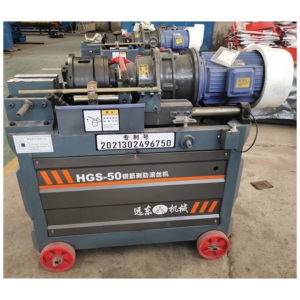
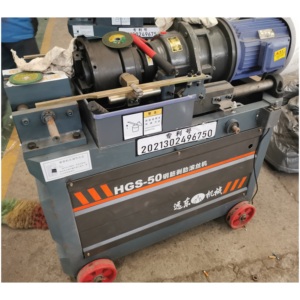

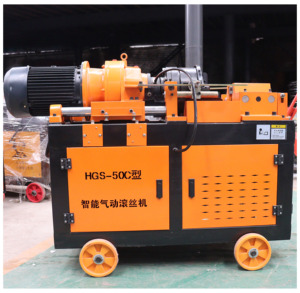

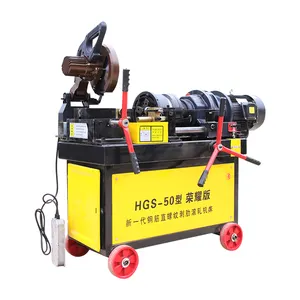







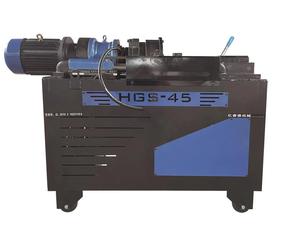



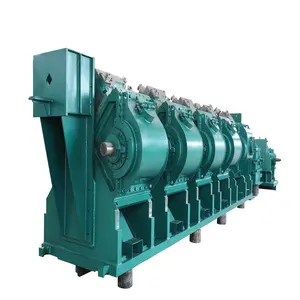








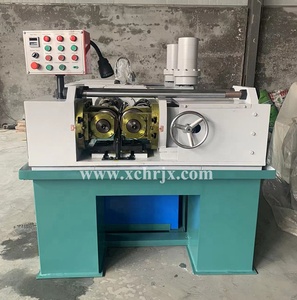
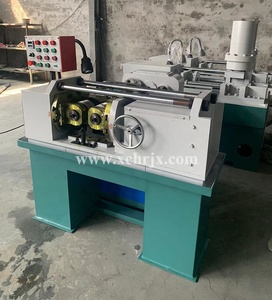
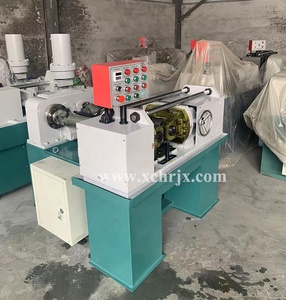



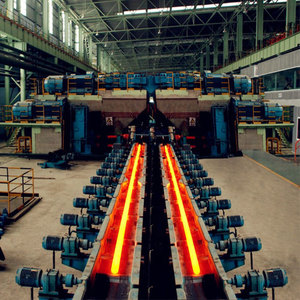

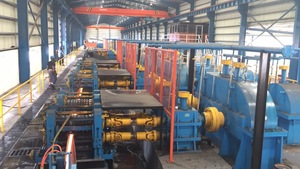
Top categories
About steel rebar rolling machine
A steel rebar rolling machine is a piece of industrial machinery engineered to fabricate steel reinforcement bars (rebars) from steel billets or scrap. This equipment is crucial in the construction sector, supplying the vital elements required for reinforcing concrete edifices. The rebar rolling machine undergoes a sequence of procedures that involve heating, rolling, and shearing steel into bars of assorted diameters, which are widely utilized in construction and infrastructure endeavors.
Types and Characteristics of Steel Rebar Rolling Machines
The steel rebar rolling machine is available in a spectrum of models, each tailored to fulfill distinct industry requirements. Ranging from fully automated lines that amalgamate continuous casting with re-rolling operations to compact mini wire rod hot rolling mills, these machines differ in their capability to process various rebar diameters, such as 8mm, 10mm, and 12mm. Certain machines cater to high-volume output, ideal for expansive construction ventures, while others are more suited for smaller enterprises, offering adaptability and cost efficiency for limited spaces or modest production needs. The attributes of each variant, including speed, degree of automation, and production capacity, are pivotal in determining their appropriateness for specific manufacturing contexts. For example, a fully automated line for rebar production from scrap is well-suited for firms seeking a comprehensive solution, whereas a mini wire rod hot rolling mill might better serve a nascent company in the construction industry.
Structure and Operation of Steel Rebar Rolling Machines
The structural design of a steel rebar rolling machine is a testament to engineering prowess, comprising several integral components that function in harmony. At its core, the motor energizes the entire system. The gearbox converts the motor's energy into the requisite torque to drive the rolls that mold the steel. The PLC system, serving as the machine's intellect, enables precise regulation of the rolling process to guarantee uniformity and excellence in the end product. Bearings and gears facilitate smooth operations, while pumps and pressure vessels manage the hydraulic and pneumatic systems. Comprehending the synergy among these elements is essential for operators to optimize the machine's performance and durability. For instance, the motor must be sufficiently potent to sustain the workload, the gearbox robust enough to handle the torque without succumbing to heat, and the PLC accurately programmed to synchronize the rolling speed with the cutting mechanisms, ensuring each rebar's consistency in quality and size.
Materials and Properties in Steel Rebar Rolling Machines
The construction of a rebar rolling machine employs materials chosen for their endurance and ability to perform under harsh conditions. High-grade steel parts resist abrasion, while specialized alloys in gears and bearings endure high stress and temperatures. The incorporation of industrial-grade plastics in non-essential load-bearing parts provides insulation and safety. These materials are selected not only for their robustness and durability but also for their capacity to preserve the quality of the rebars produced, which is vital for construction applications. For example, hardened steel in the rolling gears can withstand the relentless pressure of molding hot steel without distortion, crucial for maintaining the precision of the rebar dimensions.
Business Usages and Applications
Steel rebar rolling machines are indispensable in scenarios where structural integrity is of utmost importance. Within the manufacturing realm, these machines form the backbone of production lines that furnish rebars for residential and commercial structures, infrastructure such as bridges and tunnels, and specialized constructs like water treatment facilities and power stations. The capability to fabricate rebars on-site or nearby construction projects diminishes logistical expenses and lead times, delivering substantial business value and endorsing just-in-time manufacturing practices. The versatility of these machines also permits their use in diverse environments, from large-scale construction sites to smaller, local projects, endowing businesses with the agility to adapt to fluctuating market demands. For instance, a construction firm might employ a steel rebar rolling machine to generate rebars specifically tailored to a complex architectural design, thus minimizing waste and optimizing resource utilization.
Functions and Tasks of Steel Rebar Rolling Machines
A steel rebar rolling machine is crafted to execute multiple functions essential to rebar fabrication. It heats steel billets to the necessary rolling temperature, methodically shapes them through a succession of rolls, and ultimately segments the elongated steel into rebars of specified lengths. These operations are conducted with precision and alacrity, assuring that the rebars adhere to the rigorous standards demanded for load-bearing roles in construction. The machine's duties extend beyond mere shaping; they also encompass the treatment of steel to augment its attributes, such as enhancing tensile strength and bonding capacity with concrete, which are indispensable for rebars employed in earthquake-susceptible areas.
Features and Unique Selling Points
The distinctive features of a steel rebar rolling machine encompass its precision rolling capabilities, energy-conserving design, and safety provisions. The integration of cutting-edge sensors and control systems facilitates real-time supervision and fine-tuning, ensuring consistent product quality. Energy efficiency is realized through the employment of optimized motors and drives, which curtail operational expenditures. Safety interlocks and emergency halts are embedded to safeguard operators and machinery, distinguishing these machines from their competitors. Moreover, certain machines boast functionalities like automated tagging and bundling of finished rebars, further streamlining the production chain and diminishing the reliance on manual labor.
Benefits and Positive Outcomes
The advantages of deploying a rebar rolling machine are multifaceted. They offer a heightened level of automation, which trims labor costs and mitigates human error. The machines' prolific production rates empower businesses to fulfill substantial orders promptly, while their extended service life and multifunctional nature ensure a versatile and enduring investment. The generation of superior-quality rebars contributes to safer and more robust structures, casting a favorable light on the enterprises that utilize them. For instance, the deployment of a steel rebar rolling machine in an emerging nation can significantly bolster the country's infrastructure development, ensuring a consistent supply of rebars for diverse construction initiatives and propelling economic advancement.
How to Choose the Right Steel Rebar Rolling Machine?
Choosing the appropriate steel rebar rolling machine entails matching your production requisites with the machine's specifications. Contemplate the array of rebar diameters you aim to manufacture, the anticipated production volume, and the automation level that corresponds with your operational processes. Additionally, consider the after-sales services provided, such as technical support and the accessibility of spare parts, to guarantee minimal operational interruptions. It's also crucial to evaluate the machine's energy consumption and its compatibility with your region's power infrastructure, as well as any supplementary features that may amplify productivity, like quick-change roll stands for varying rebar sizes.
How to Maintain Your Rebar Rolling Machine for Longevity?
Proper maintenance of a rebar rolling machine involves consistent lubrication of moving parts, regular inspections for wear and tear, and adherence to cleaning protocols to avert debris accumulation. Scheduled downtime for preventative upkeep can forestall malfunctions and prolong the machine's operational lifespan. For example, instituting a maintenance schedule that encompasses daily, weekly, and monthly tasks can aid in the early detection of potential issues, averting expensive repairs.
What After-sales Services Can You Expect?
Upon acquiring a steel rebar rolling machine, you can anticipate comprehensive after-sales services. Providers extend online assistance, video technical support, and field maintenance. For international clients, overseas service centers offer accessible and swift aid, ensuring that any operational challenges are addressed with promptness and efficiency. These services are not merely confined to problem-solving; they also encompass training for operators to ensure their proficiency with the machine's various functions and safety protocols.

